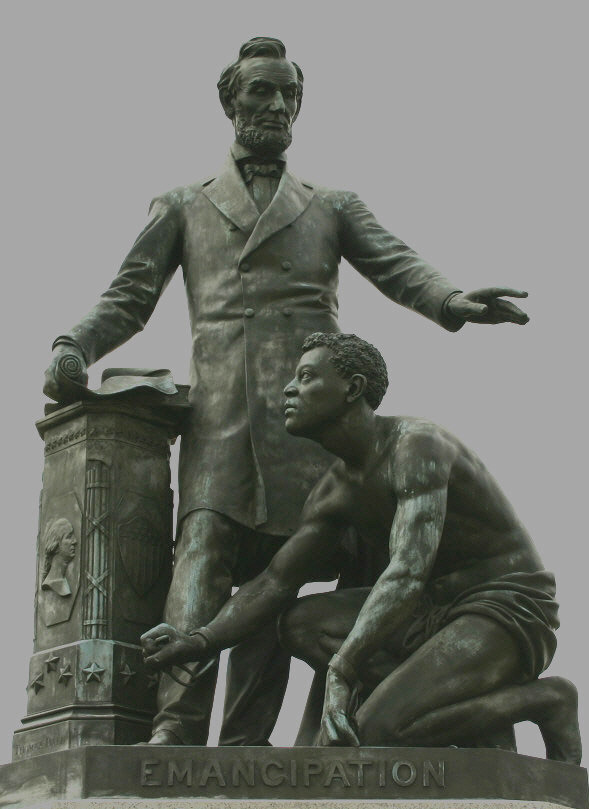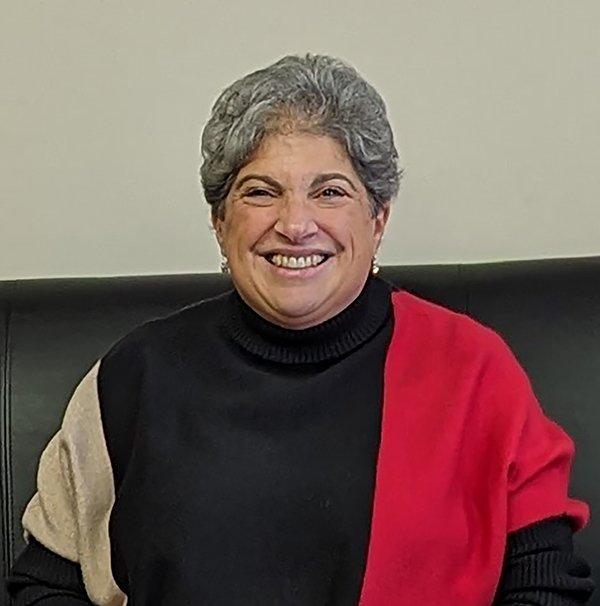
In the wake of George Floyd’s death and the resulting protests for change, there have been many scholarly and personal discussions on the subject of racism, including in the Armenian community. On June 23, St. Leon Armenian Church of New Jersey hosted a panel entitled, “Racial Injustice and Responsibility.” The response to that panel and the resulting conversations led to the recently concluded four-week multimedia online seminar “Names, Monuments, and Racism: A Global Perspective,” led by Dr. Khatchig Mouradian, lecturer in Middle Eastern, South Asian, and African Studies (MESAAS) at Columbia University, head of the Armenian studies program. The Armenian Weekly was privileged to witness some of the sessions.
In his answers to questions submitted by the Weekly, Dr. Mouradian expanded on the premise of the course and its format: “As protests rocked the country, statues were toppled and institutions faced calls to drop racist mascots and names, we wanted to offer an opportunity for community members to engage in a month-long discussion on the legacies of slavery and the genocide of Native Americans. The course offered a global perspective, covering, for example, the Herero and Nama genocides and statues of its perpetrators in modern day Namibia and the discussions around Black Pete in the Netherlands.”
As the primary organizer of the original panel in June, Ara Araz from St. Leon Church explained the desire to delve more deeply into some of the topics examined by the panelists. “We wanted to continue the much-needed discussion and specifically wanted to engage our youth. Khatchig put together a provocative program that looked at race and incorporated additional elements such as genocide and the experience of women and Native Americans,” he noted.
The course was initially offered to high school students to explore the history and public discourse surrounding monuments, mascots and names. But within days of announcing the class, it became apparent that there was great interest in the course among university students and professionals, which prompted the creation of a second section for that demographic.
Describing the content of the course, Mouradian said, “The course allocated equal time to interactive lectures and discussion. We explored scholarly works such as Philip J. Deloria’s book Playing Indian and Karen L. Cox’s Dixie’s Daughters: The United Daughters of the Confederacy; we discussed statues such as the Emancipation Memorial in Lincoln Park, Washington, D.C. and the Roosevelt statue outside the Museum of Natural History in New York. We also explored how former Soviet republics, India, Namibia, and the UK have dealt with their own representations of the past.”
More than 50 people from across the US and a few from Europe attended the online courses. Participants included artists, authors, journalists, professors, members of the clergy, PhD students and professionals from all walks of life, all of whom brought their own experiences and perspectives enriching the discussions. In fact, these discussions sometimes continued for 30 minutes past the scheduled conclusion of each session and were a highlight for Dr. Mouradian, as well as the Weekly.
During the formal presentation of the course material and the ensuing conversations, some notable overarching lessons included understanding our inherent biases ingrained over years of traditional methods of honoring and commemorating historical events. In addition, those biases can serve to magnify our resistance to change, even if it is for the good of society by actively being anti-racist. As more than half the participants were of Armenian descent, it was inevitable that the conversation would turn to perceived shared experiences, also providing food for thought. Dr. Mouradian encouraged the discussions with skill, guiding participants to deeply explore their own upbringings as well as experiences in the larger global community, in some cases sharing his childhood memories of growing up in the Armenian community of Lebanon.
At the conclusion of the four weeks, Dr. Mouradian intrigued participants with mention of another course, leading the Weekly to ask what was next on the agenda. “Encouraged by the overwhelming success of the course, we are launching a course titled ‘Apologies, Non-Apologies, and Reparations: A Global Perspective,'” answered Dr. Mouradian. Beginning on August 26, he explained that the course “will analyze apologies offered and reparations made by governments, political leaders and other public figures, ascertaining their weaknesses and strengths, and their reception by various parties.” This time the two demographics will be participating in the same course. “The intergenerational dynamic promises to provide an even more nuanced discussion and underscores that our youth are watching, participating and expect more from those of us who no longer qualify as youth,” Araz assured registrants.
The Weekly asked several participants of the “Names, Monuments, and Racism” course for their impressions. Below are their comments:
Rev. Dr. Susan A. Minasian, Pottstown, Pa:
Dr. Mouradian’s course was outstanding. He approached such a complex subject, confronting the illusions that have perpetuated a false narrative not only in the United States but around the world. His ability to convey his scholarship to such a diverse audience and inspire us to examine our own biases was excellent. Even though I have been intentional about my own learning on this subject matter in the United States, Dr. Mouradian’s ability to expand the conversation to recognize patterns that have no geographical boundaries served to bring even more insight into the global struggles and conflicts we experience today.
Alena Mikhaelyan, Budapest, Hungary:
The course was enlightening on many levels and provided a global overview on the issue of racism. Some of the examples were truly staggering, which allowed me to reconsider my perspectives on the surrounding world and sparked further interest in exploring the issues in depth. I very much enjoyed the group discussions and the community that has been formed within such a short time. I particularly appreciated Khatchig Mouradian’s approach to the course and look forward to the next chapter!
Lara Nercessian, Detroit, Mich.:
This class created a forum for us to not only think about the issues but freely speak about them, and spurred conversations for days after each session. I enjoyed the class because it did a great job of revealing the way culture is built and perpetuated by those in power who are able to rewrite history through monuments, and then decry any movement or revision of them as an attack on history.
Grace Experience Blewer, New York:
This was my first online class and I loved it. I was able to learn and contextualize so much. I was really impressed and grateful for Dr. Mouradian’s ability to teach, to engage a large group, and to facilitate meaningful discussions over Zoom.



I have watched the full clip of George Floyd’s arrest and I have always wondered if he had obeyed the law, like the rest of us would this unfortunate incident have taken place?I have read many articles about racism and how the African Americans are victimized but I have yet to read anything about the benefits of obeying the law and order! In my view, not every white person is a racist , not every African American is a criminal and not every policeman is a heartless pig.
All lives matter and to do that we need to advance the case of law & order with the case of the equal rights for all.